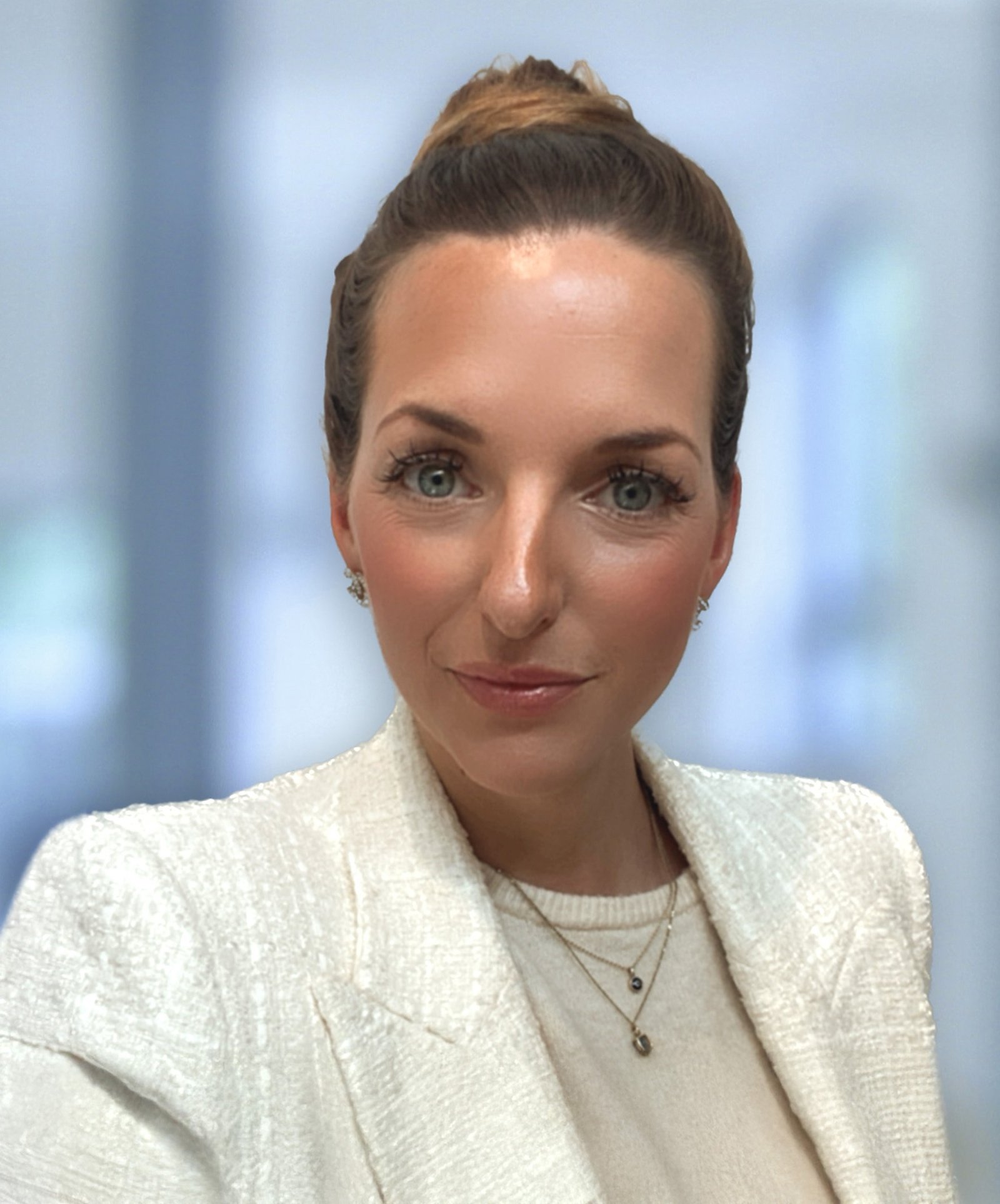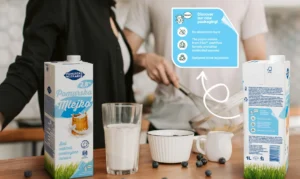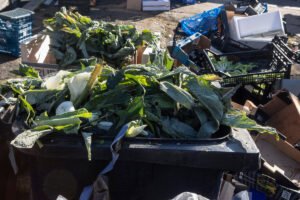Wednesday, 18 February 2026
Turning waste into opportunity inside Egypt’s groundbreaking beverage carton recycling collaboration
Nicola Wagstyl, the Regional Sustainability Expert for India, the Middle East, and Africa at SIG In a groundbreaking initiative for sustainability in Egypt, SIG, Plastic Bank, Carta Misr, and TileGreen…

Nicola Wagstyl, the Regional Sustainability Expert for India, the Middle East, and Africa at SIG
In a groundbreaking initiative for sustainability in Egypt, SIG, Plastic Bank, Carta Misr, and TileGreen have teamed up to create the country’s first comprehensive recycling system for used beverage cartons. This collaboration is driven by a shared commitment to environmental stewardship and social impact, combining expertise in sustainable packaging, social collection models, fibre recovery, and innovative material reuse. This pioneering partnership not only addresses a significant gap in Egypt’s waste management infrastructure but also establishes a model for scalable circular economy solutions worldwide. Nicola Wagstyl, the Regional Sustainability Expert for India, the Middle East, and Africa at SIG, shared insights with NUFFoodsspectrum.
What inspired the collaboration between SIG, Plastic Bank, Carta Misr, and TileGreen to establish Egypt’s first end-to-end recycling system for beverage cartons?
This collaboration was driven by a shared belief in the power of circular solutions to deliver both environmental and social impact. Each partner brought a unique capability to the table – SIG’s sustainable packaging expertise, Plastic Bank’s social collection model, Carta Misr’s fiber recovery know-how, and TileGreen’s innovative approach to PolyAl* reuse. Together, we saw an opportunity not only to address a critical waste management gap in Egypt, but also to showcase what’s possible when innovation, purpose, and partnership align.
What were some of the biggest challenges you faced in setting up this system, and how were they overcome?
One of the main challenges was the absence of an existing infrastructure for collecting and recycling used beverage cartons in Egypt. We had to build the system from the ground up – creating new collection routes, establishing material flows, and adapting processing methods to local realities. Overcoming this required close coordination between all partners, a willingness to trial and refine approaches, and strong engagement with local communities and stakeholders.
Can you explain how the blockchain platform used by Plastic Bank enhances traceability and impacts waste collectors on the ground?
Plastic Bank’s blockchain-secured platform provides full traceability of cartons collected, which ensures transparency and accountability across the value chain. For waste collectors, this system is a game changer – it allows them to log and verify their contributions digitally, guaranteeing fair compensation and access to social benefits. It not only supports livelihoods but also builds trust in the system what is often an informal economy.
How does this system contribute to long-term economic opportunities for local communities, especially informal waste collectors?
By turning waste into a resource, the system creates reliable income-generating opportunities for waste collectors. It also provides a foundation for skill development, better working conditions, and access to social benefits. Furthermore, the transformation of recycled materials into valuable end products like paper and bricks supports local industries and entrepreneurship, driving wider economic benefits and community resilience.
In what ways do you plan to scale or replicate this recycling model in other regions or countries?
This initiative was designed to be scalable and adaptable. Our goal is to use it as a blueprint for similar systems in other markets facing waste management challenges. We’re actively exploring replication opportunities where the right partners and conditions are present, while tailoring the model to local needs, materials, and infrastructure. It’s a demonstration of what’s possible – and an invitation to others to join us in accelerating circular solutions.
What role do you see consumers playing in the success of this initiative, and how are you encouraging public participation in recycling beverage cartons?
Consumers are key to closing the loop. Their role in properly disposing of used beverage cartons enables the recycling system to function effectively. As part of this project, awareness-raising will play a central role in encouraging public participation. We are preparing targeted initiatives that will soon roll out in collaboration with brand owners to help educate and engage consumers on how and why to recycle their cartons.
When aseptic cartons are recycled in a recycling plant, the paper fibres are separated and reused in making new paper products. The other part – a mixture of polymers and aluminum, short PolyAl – can be used to create new plastic and aluminum products or recycled together to produce a robust composite material.
Shraddha Warde
shraddha.warde@mmactiv.com
Technology
Carlsberg Launches AI-Crafted Lunar New Year Packaging
Feb 17, 2026 | Beverages
FAO Experts Assess Risk of Antimicrobial Resistance Spreading via Food Loss and Waste
Feb 17, 2026 | Sustainability
Food Testing
Redefining Trust in Organic Foods through Independent Testing
Feb 13, 2026 | Food Safety and Testing
AFNOR International Eyes Global Food Safety Growth with HACCP Group Takeover
Feb 04, 2026 | Australia
More Popular
Hormel Foods Announces Agreement to Sell Whole-Bird Turkey Business to Life-Science Innovations
Feb 18, 2026 | Company News
Kodiak Expands Frozen Lineup with No Sugar Added Homestyle Power Waffles
Feb 18, 2026 | Company News






